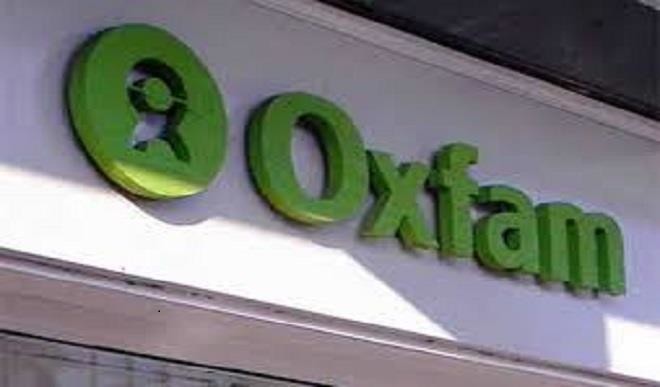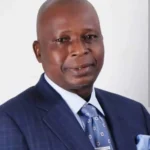For a second time, Nigeria has been ranked the country with highest inequality between its rich and poor population by OXFAM, a global civil society body that fights against injustice and its partners.
The group indicates that Nigeria’s social spending (on health, education and social protection) is shamefully low, which is reflected in very poor social outcomes for its citizens.
“One in 10 children in Nigeria does not reach their fifth birthday, and more than 10 million children do not go to school. Sixty percent of these are girls,” the report said
The index titled Commitment to Reducing Inequality Index (CRI Index) shows that in the past year Nigeria has seen an increase in the number of labour rights violations. The minimum wage has not increased since 2011 and that the social spending has stagnated.
The CRI Index shows that there is still significant potential for Nigeria to raise and collect more tax, so it scores very badly on this aspect too. There have however been very recent improvements in this area in 2018, which will show up in next year’s CRI.
“The IMF has given clear advice on the importance of tackling inequality, referring to Nigeria’s score in the CRI Index. The president of the country has also said that tackling inequality is important, as inequality leads to political instability. Yet little has been done,” the report said.
Denmark tops this year’s CRI Index with the highest score. The northern European country has some of the most progressive taxation policies in the world. It also has some of the best labour market policies, and its protection of women in the workplace is the best in the world.
The index rank 157 countries on their policies on social spending, tax, and labour right – three area that the group beliefs are critical to reducing inequality.
Other countries with high inequality ranking include; Uzbekistan-156, Haiti-155, Chad-154 and Sierra Leone -153.

 Join Daily Trust WhatsApp Community For Quick Access To News and Happenings Around You.
Join Daily Trust WhatsApp Community For Quick Access To News and Happenings Around You.


